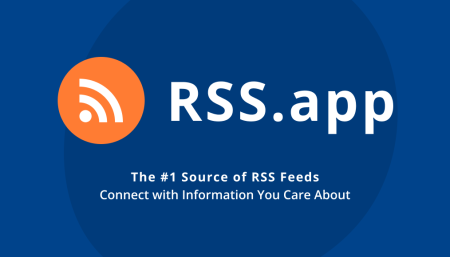Optimism and pessimism are hard to deal with.
Pessimism is vital for survival, and it helps us prepare for risks before they arrive. But optimism is equally essential. The belief that things can — and will be — better even when the evidence is murky is one of the most essential parts of everything from a sound relationship to making a long-term investment.
Optimism and pessimism seem like conflicting mindsets, so it’s more common for people to prefer one or the other.
But in my book, “Same as Ever: A Guide to What Never Changes,” I write about why knowing how to balance the two has always been — and always will be — one of life’s most important skills.
Successful people find a balance between pessimism and optimism
Bill Gates is a great example of how effective this hidden skill is. From the day he started Microsoft, he insisted on always having enough cash in the bank to keep the company alive for 12 months with no revenue coming in.
In 1995, he was asked by Charlie Rose why he kept so much cash on hand. Things change so fast in technology that the next year’s business wasn’t guaranteed, he said — “including Microsoft’s.”
Don’t miss: ‘I don’t regret it’: How Warren Buffett’s son spent the $90,000 of stock his dad gave him at 19
In 2007, he reflected: “I was always worried because people who worked for me were older than me and had kids, and I always thought, ‘What if we don’t get paid? Will I be able to meet the payroll?'”
Here, optimism and confidence is mixed with heavy pessimism. What Gates seems to get is that you can only be an optimism in the long run if you’re pessimistic enough to survive the short run.
Why you should strive to be a ‘rational optimist’
An important thing to recognize here is that optimism and pessimism exist on a spectrum.
At one end, you have the pure optimists. They think everything is great, will always be great, and see all negativity as a character flaw. Part is rooted in the ego: they’re so confident in themselves they can’t fathom anything going wrong.
At the other end, you have pure pessimists. They think everything is terrible, will always be terrible, and see all positivity as a character flaw. Part is rooted in the ego: they have so little confidence in themselves they can’t fathom anything going right. They’re the polar opposite of the pure optimist, and just as detached from reality.
In the middle is the sweet spot, what I call the rational optimist: those who acknowledge that history is a constant chain of problems and disappointments and setbacks, but who remain optimistic because they know that setbacks don’t prevent eventual progress.
They sound like hypocrites and flip-floppers, but often they’re just looking further ahead than other people.
So the trick in any field — from finance to careers to relationships — is being able to survive the short-run problems so you can stick around long enough to enjoy long-term growth.
Save like a pessimist and invest like an optimist.
Plan like a pessimist and dream like an optimist.
Those can seem like conflicting skills. And they are. It’s intuitive to think you should either be an optimist or pessimist. It’s hard to realize that there’s a time and place for both, and that the two can — and should — coexist.
But it’s what you see in almost every successful long-term endeavor.
Morgan Housel is a money expert and the author of “The Psychology of Money: Timeless Lessons on Wealth, Greed and Happiness” and “Same As Ever: A Guide to What Never Changes.” A partner at The Collaborative Fund and former Wall Street Journal contributor, he is a two-time winner of the Best in Business Award from the Society of American Business Editors and Writers. Follow him on Twitter @morganhousel.
Don’t miss:
Want to be smarter and more successful with your money, work & life? Sign up for our new newsletter here
Get CNBC’s free Warren Buffett Guide to Investing, which distills the billionaire’s No. 1 best piece of advice for regular investors, do’s and don’ts, and three key investing principles into a clear and simple guidebook.
Read the full article here









